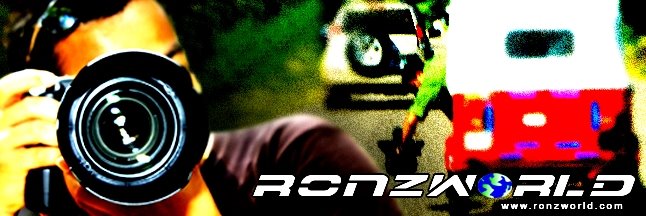
Photo by: Bruce Buursma- International Aid
And because of that, I have hope.
It has been a week since my safe return home, yet, much like my partner Bruce from International Aid, a piece of my heart remains with the people of Ghana. It's a strange feeling to be sitting here, putting thoughts into prose, reminiscing about a journey that I've captured and stored both digitally and mentally. The heat, smell, dust and dirt are miles away, but the images of the people, their smiles and laughter still linger in my mind. And for that, I am grateful.
You see, through the years, I've taught myself by trial and error how to capture the world, exposing all that is real and true to the story. I used to be proud of my ability to capture images of pain and suffering, moments caught in time depicting poverty and need. I used to wear my camera like a badge of honour--thinking that it would shield me from any guilt I'd feel afterwards for taking pictures of those in need. Then, when I get back and watch what I've filmed, reality kicks in, and the human in me prevails. As a result, the guilt of capturing sadness and sorrow, of finding beauty in suffering--is enough to haunt me in my sleep. I no longer felt human.
During my time in Ghana, I made a solemn vow to myself that I would view Africa in a different light, exposing all that is beautiful by capturing what some fail to see--the beauty of its people. What I didn't want were the iconic shots of dying children, flies covering their faces. The world has already seen that many times over, and I no longer find beauty in suffering; nor do I think it should be the sole reason for people to react and help. As humans, it's our obligation to do so regardless. (A great story from D2)
Shot after shot, my images portrayed a country on the verge of prosperity. A montage of smiling faces stream through my lens as I capture light and sound. The poverty is undoubtedly visible, but our focus was on their 'progress, not poverty.'
As captivators of light, we hold the power to tell a story unlike any other. But by allowing our audience to dictate what we capture, we are no longer doing it for the good of all, but more so, for the satisfaction of man.
Sorry 'Save The Children,' you won't be finding any of my shots useful any time soon.


















